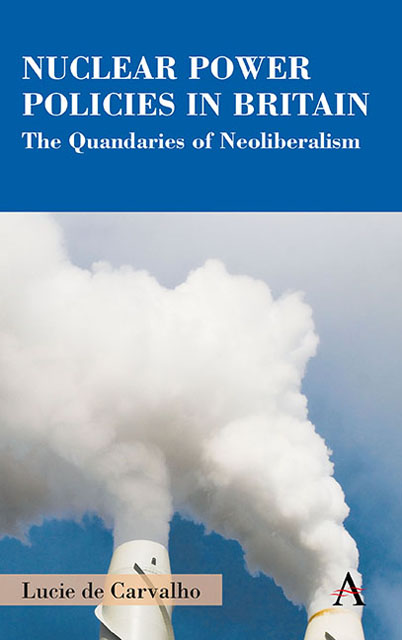Summary
Energy is the lifeblood of all modern societies. As the central prerequisite to large-scale industrial development and economic growth since the Industrial Revolutions, energy has grown into the perennial symbol of modernity as well as into a formidable bargaining chip in political negotiations, whether national or international. Since the second half of the twentieth century especially, energy stakes have interlocked with security and dependence concerns, which granted them a singular place as a public policy domain of strategic national interest. As US political scientist George Gonzalez underlined, energy has been instrumental in triggering structural revolutions over the past 600 years:
In the most abstract, minimal sense, the modern state is a result of energy (wind, coal, oil) because energy allows for the relatively inexpensive projection of political power. This creates the collaborative and affirmative union of capitalism and political authority (in the 16th century) which is the substance of the modern economy.
In that sense, energy has always bolstered the sovereignty of the modern state which conversely has proven to be equally critical for its politicisation. As the several conflicts which have broken out in the Middle East since the 1990s or the more recent tensions between Russia and Western Europe over the Russian Pipeline Nord Stream 2 have revealed, energy remains a fundamentally hegemonic and geopolitical device.
By the turn of the twenty-first century, this dynamic had not abated – quite the opposite. Countless alarmist reports have one after the other drawn media attention onto the predicted end of the age of fossil fuels, heralding an escalation of fuel prices in a foreseeable future. According to energy economist Dieter Helm, these changes will cause future realignments in the balance of the world's international energy markets, which will be symptomatic of a paradigmatic shift similar to the advent of the oil age at the beginning of the twentieth century. This much-heralded energy transition has thus led industrial states to once again redefine and rethink their domestic energy strategies – if ever they existed. Since the 1970s’ oil shocks, most Western states’ policies have thus been guided by a strategic search for relative energy independence.
- Type
- Chapter
- Information
- Nuclear Power Policies in BritainThe Quandaries of Neoliberalism, pp. 1 - 20Publisher: Anthem PressPrint publication year: 2022

